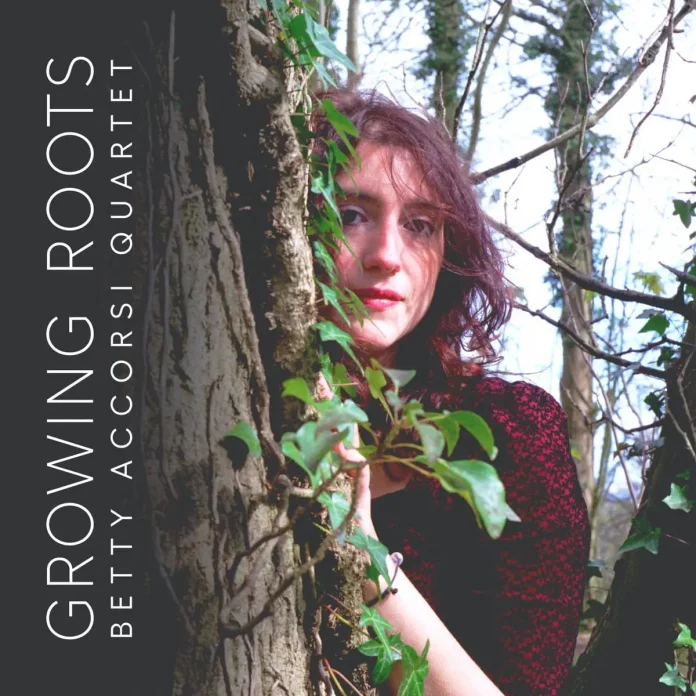Accorsi has a reasonably personal sound on the soprano sax, which in these days of abundant “contemporary jazz” is no small feat. The six compositions that make up this album are reflective of the transformative effect moving from London to Brighton has had on her, so in a sense the album’s reflective of a coming of age in terms both musical and personal.
Her quartet is firmly in the “contemporary jazz” pocket in the sense that the old staples of the music (swing, the blues etc) have been usurped by the kind of sensibility that values exemplary solo construction, an air of urbane sophistication and being able to distinguish soloists only by note patterns.
While there is nothing inherently wrong in this (times change and so do each and every one of us) the results amount to another contribution to a field in which the number of musical practitioners might now outstrip the core audience for their efforts, at least as far as this reviewer can tell.
There are, within those implied limits, still moments to enjoy. Accorsi’s solo on Ampollo suggests a musician mature beyond her years in the sense that she shows that there’s more to effective communication than the gratuitous application of technique.
Blue Wave is the piece that’s likely to stay with this reviewer, not least because it has about it the air of a group heading towards one of the less common destinations despite the presence of a backbeat and most of what that implies in terms of grounding the music. Accorsi’s vocal on this one has distant echoes of Helen Merrill’s intimacy about it, which is never a bad thing.
Discography
Ampollo; Looking At The Horizon; Like A Tree; King Arthur Walks In Rottingdean; Lively House; Blue Wave (45.03)
Accorsi (ss, v); Daniel Hewson (p); Andy Hamill (b, elb); Scott MacDonald (d). Goldsmiths Music Studios, London. No date(s).
Accorsi Music
















